This paper examines the impact of fiscal incentives on the level of R&D investment. An econometric model of R&D investment is estimated using a new panel of data on tax changes and R&D spending in nine OECD countries over a nineteen-year period (1979-1996). We find evidence that tax incentives are effective in increasing R&D intensity. This is true even after allowing for permanent country specific characteristics, world macro shocks and other policy influences. We estimate that a 10% fall in the cost of R&D stimulates a 1% rise in the level of R&D in the short-run; R&D increases by just under 10% in the long-run. Additionally there is some evidence that changes in R&D tax credits affect decisions over the international location of R&D as suggested by models of tax competition.
Authors

CPP Co-Director, IFS Research Director
Rachel is Research Director and Professor at the University of Manchester. She was made a Dame for services to economic policy and education in 2021.

Nicolas Bloom

John Van Reenen
Report details
- Publisher
- Centre for Economic Policy Research
Suggested citation
N, Bloom and R, Griffith and J, Van Reenen. (2000). Do R&D credits work? Evidence from a panel of countries 1979-97. London: Centre for Economic Policy Research. Available at: https://ifs.org.uk/publications/do-rd-credits-work-evidence-panel-countries-1979-97 (accessed: 23 April 2024).
Related documents
More from IFS
Understand this issue

Spring Budget 2024: What you need to know
7 March 2024
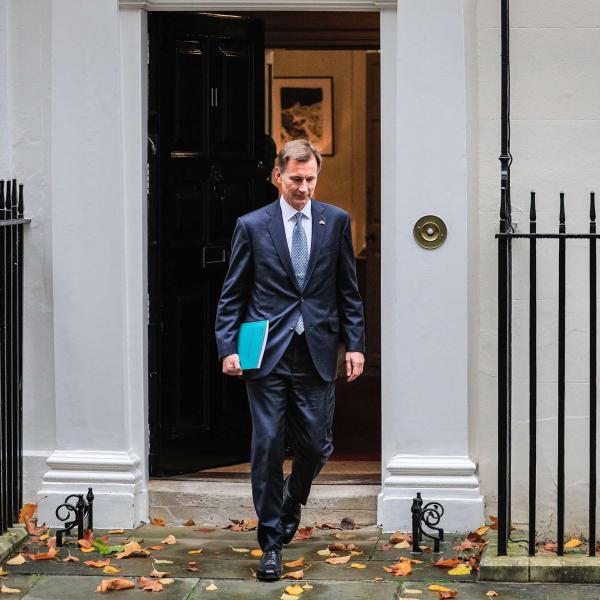
The Spring Budget explained
16 March 2023
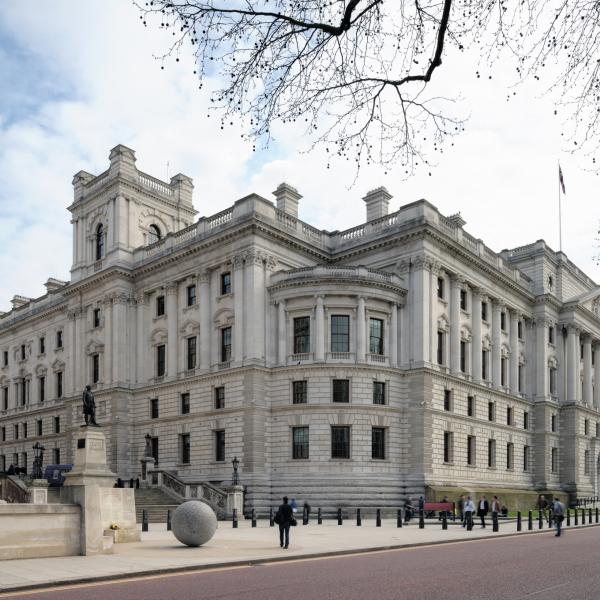
Taxes could be cut within broader reforms
2 November 2023
Policy analysis
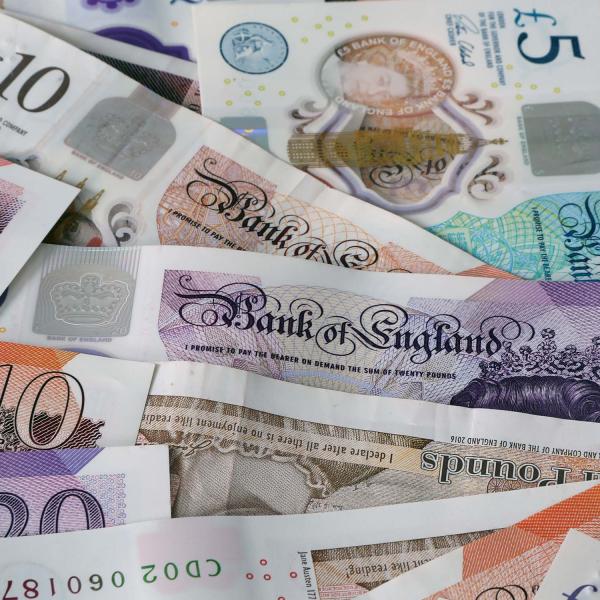
Tax and public finances: the fundamentals
23 August 2023

Full expensing and the corporation tax base
6 October 2023

Long-term costs of full expensing much lower than official estimates suggest
6 October 2023
Academic research
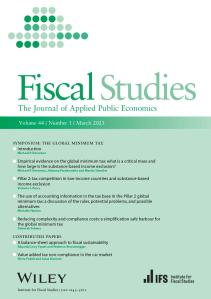
Fiscal Studies, Volume 44, Issue 1
20 March 2023

Empirical evidence on the global minimum tax: What is a critical mass and how large is the substance-based income exclusion?
20 March 2023
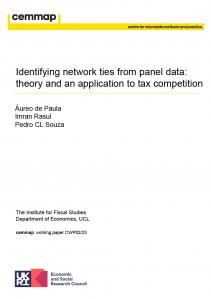
Identifying network ties from panel data: theory and an application to tax competition
18 January 2023